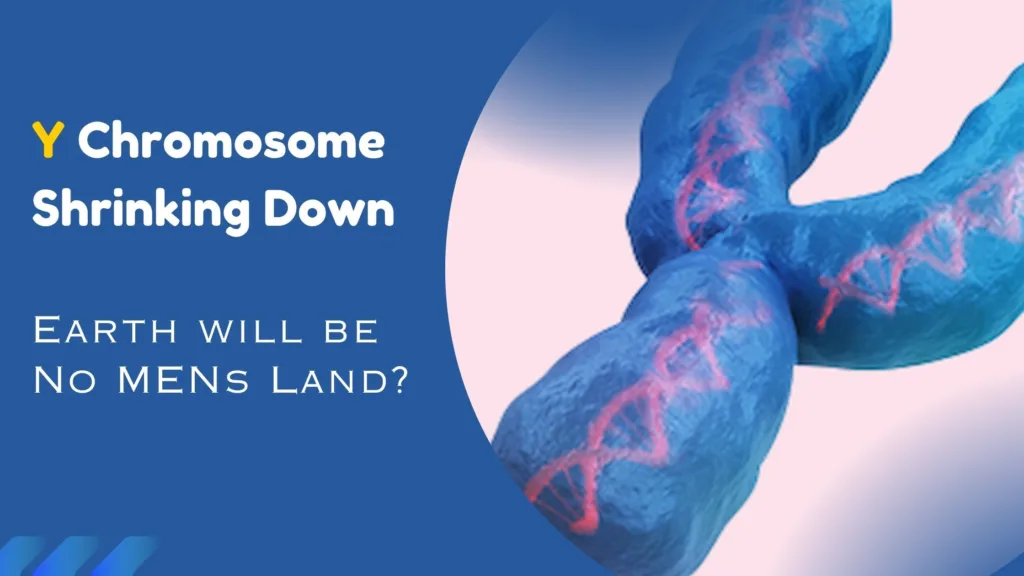
The Y chromosome is key to male development and health, with ongoing research exploring its evolution, potential shrinking and impact on male fertility.
Topics
Introduction
What is the Y Chromosome?
The Role of the Y Chromosome in Genetics
The primary function of the Y chromosome is to trigger male development. It does this through a gene called SRY (sex-determining region Y), which initiates the process of developing male characteristics in a fetus. Beyond sex determination, the Y chromosome influences several male-specific traits, including the development of male reproductive organs and secondary sexual characteristics like facial hair and a deeper voice.

Evolution of the Y Chromosome
The Shrinking Y Chromosome Theory
Debunking Myths about the Y Chromosome
Unique Genes on the Y Chromosome
Y Chromosome and Male Health
Y Chromosome Loss in Aging
Y Chromosome and Fertility
Future of the Y Chromosome
Technological Advances in Y Chromosome Research
Ethical Considerations in Y Chromosome Studies
As with any genetic research, studying the Y chromosome raises ethical questions. Issues of privacy, consent, and the potential misuse of genetic information are significant concerns. Moreover, the prospect of manipulating the Y chromosome through genetic engineering poses moral and ethical dilemmas that society must address. It is crucial to navigate these issues carefully to ensure that scientific progress respects individual rights and societal values.